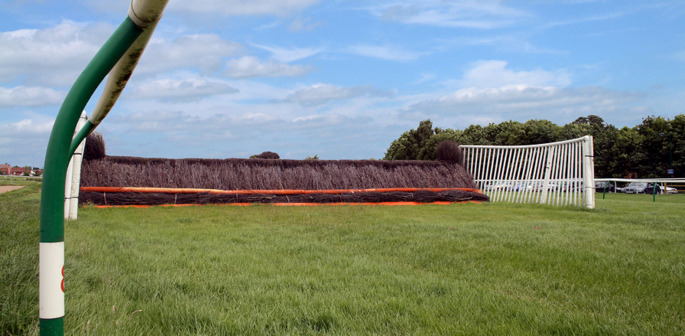 The government has announced it will be cutting the maximum stake allowed on fixed odds betting terminals (FOBTs) to £2.
The government has announced it will be cutting the maximum stake allowed on fixed odds betting terminals (FOBTs) to £2.
Under previous legislation punters could bet up to £100 every 20 seconds on the machines, which host games like roulette and slots. But the Culture Secretary, Matt Hancock, has moved to significantly decrease this amount in an attempt to tackle the ‘very serious social blight’ that he believes the FOBTs represent.
“Sometimes in politics you have the chance to really do something to help people and, in particular, this case to help some very vulnerable people – hundreds of thousands of people who lose thousands of pounds on these machines,” he said.
The reduction in maximum stake is likely to come into being at some point in 2019.
Social Cost

The move has been met with relief from some quarters and anger in others; particularly the high street bookmakers themselves, who could lose up to £100m in revenue annually.
The knock-on effect of this could be significant job losses as shops are forced to close, with Betfred’s managing director Mark Stebbings suggesting the decision, which was ‘clearly not evidence based but a political decision’, could force the closure of 900 of his brand’s shops, with 4,500 employees losing their jobs.
“This decision will result in unintended consequences including direct and indirect job losses, empty shops on the high street, and a massive funding hit for the horseracing industry.”
In an interview with Sky News, Betfred’s founder, Fred Done, said that many shops would not be closed but their leases would not be renewed. He said that the threat of job losses ‘would be greater than at Maplin, Toys R Us, Mothercare And Prezzo put together’.
Horse Racing Faces New Hurdle

One of the other significant losers in this decision is the British Horseracing Authority, which receives millions of pounds per year from bookmakers’ revenue via a levy.
It is believed the cost to the BHA could be as much as £60 million annually, although their chief executive, Nick Rust, doesn’t appear to be too downhearted by that. “British racing has a strong social conscience and we support measures announced by the Government today to reduce the harm caused by problem gambling,” he said.
“We are pleased that Government has acknowledged the reasonable arguments we have made in the consultation process that jobs and revenues in the racing industry should not be adversely affected by changes to wider gambling policy.
“It is too early to say what the financial impact for racing will be. Our estimates before today’s decision ranged from £40 to £60 million per year, once the impact of the changes has filtered through into racing.”
It is clear that much change will be needed in order to preserve a healthy future for the BHA, although their chief regulatory officer, Brant Dunshea, remains optimistic. “It’s not all doom and gloom for the British racing industry,” he said.
“While there will be a need for change to the future commercial model, racing and betting will be driven to work close for mutual benefit.
“The UK government has made commitments to support racing. That clearly needs to be delivered to support the grass roots of the industry, which provides such an incredibly large economic impact for the nation.”
